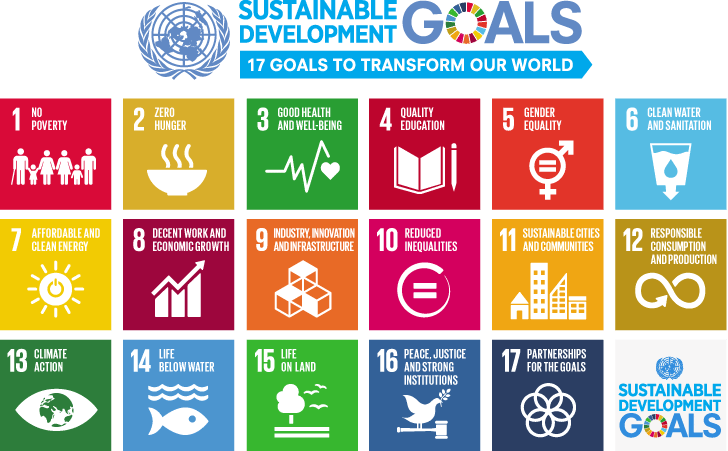
Twelve multilateral development banks (MDBs) and the International Monetary Fund (IMF) have teamed up to pool resources to finance the United Nations Sustainable Development Goals (SDGs) in Africa.
Africa’s leading financier, the African Development Bank, announced in Ivory Coast capital, Abidjan, on Thursday this week that it had joined hands with 11 multilateral development banks and the International Monetary Fund (IMF) to finance Africa’s development agenda that had been deprived of funding by the coronavirus pandemic outbreak, which has exacerbated perennial humanitarian crises caused by natural disasters, war and poor governance.
The fund was launched during a virtual ceremony in which the heads of the participating institutions took part.
A statement issued after the launch said the bank heads announced a report on the status of financing of SDGs “will be released at the end of a critical year, with the Covid-19 pandemic threatening to reverse progress on the SDGs.”
The MDBs have jointly mobilised a global response package of $230 billion that will be disbursed between 2020 and 2022 to alleviate the impact of the pandemic.
Approximately $75 billion of the funds will be disbursed to the poorest countries in Africa before the end of this month. The report released after the conference highlights selected examples of initiatives related to the 17 SDGs and efforts to “mobilise finance, create knowledge and build capacity” for countries for their achievement.
The report showcases examples of how their financing directly contributes to advancing SDGs that empower people, protect the planet, foster prosperity for all and develop sustainable quality infrastructure.
Head of the Islamic Development Bank Group (ISDB) Bandar Hajjar, whose bank led the compilation of the report, said the pandemic had exposed the fragility of the progress countries have made towards the realisation of the SDGs and underlined the imperative of fostering better and more resilient development.
“We recognise the urgency to achieve the 2030 Agenda through the work that needs to go into building a more resilient post-Covid-19 world,” Hajjar said. “The report also emphasises the critical importance of MDBs partnerships to deliver financing, knowledge and capacity building support for the SDGs.”
Such partnerships and coordination would include increased support for an ambitious climate action for the planet, fostering digitalisation for sustainability, continuing to promote sustainable infrastructure, strengthening resilience and mobilising finance by attracting, de-risking, leveraging and catalysing investments of all kinds.
“This joint report reflects our collective engagement and strong commitment to accelerate progress towards the (realisation of) SDGs. To accelerate Africa’s development, we will continue joining investment hands across the globe,” African Development Bank President Akinwumi Adesina said.
Examples of African Development Bank initiatives such as its Technologies for African Agricultural Transformation Programme that targets 40 million farmers by 2023 and add 120 million metric tonnes to the African food basket are included in the report.
The ADB’s Africa NDC Hub, established in 2018 to resource countries on the continent to implement the nationally determined contributions (NDCs), is also highlighted. The hub is supported by18 international partners, including partner MDBs such as the Islamic Development Bank.
Key activities include developing a digital tool for policy makers to mainstream the SDGs, NDCs, and the Africa Agenda 2063 in national development plans. ADB has also supported Cote d’Ivoire in developing an NDC investment plan and its Africa NDC Hub hosts the ClimDev Special Fund to modernise Africa’s climate and weather observation networks.
“These are very extraordinary times…we will need to have audacious leadership, we will need to have audacious partnerships, and we will need to have audacious financing systems,” Adesina said.
The 12 partners of ADB are the Asian Development Bank, the Asian Infrastructure Investment Bank, the Council of Europe Development Bank, the European Bank for Reconstruction and Development, the European Investment Bank, the IDB Group, IMF, the Islamic Development Bank Group, the New Development Bank, and the World Bank Group (World Bank, IFC, MIGA).
– A Tell report











